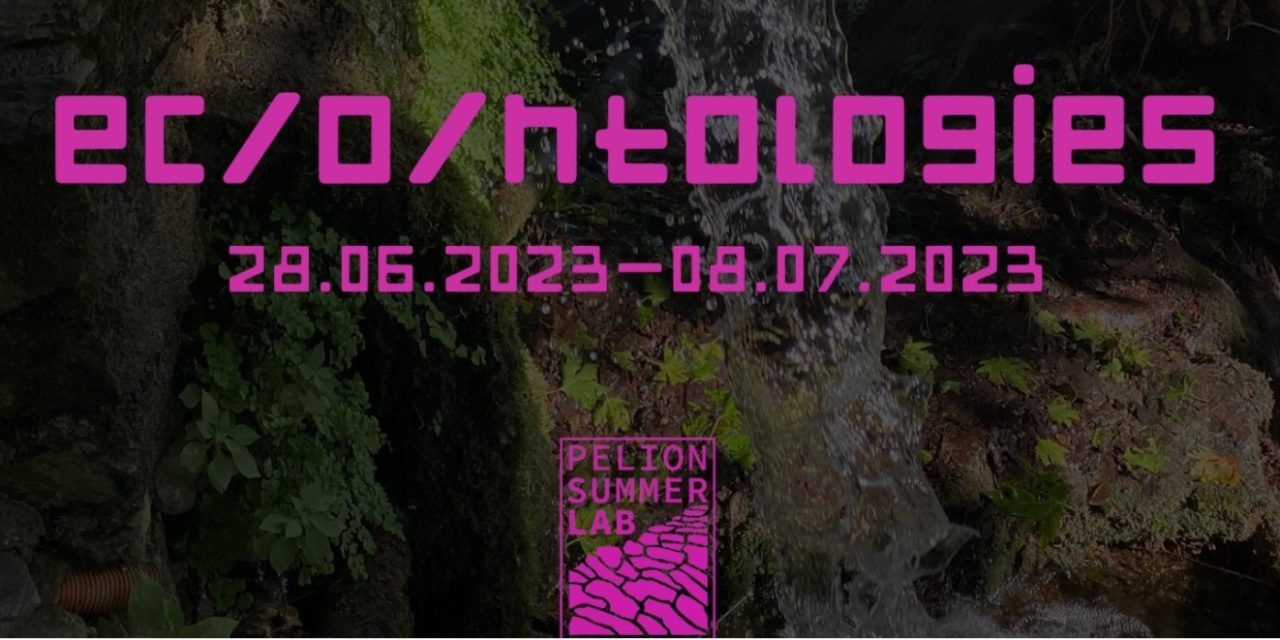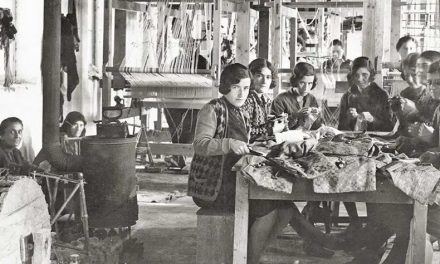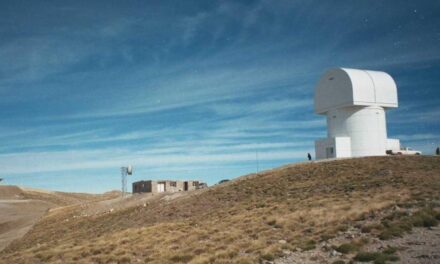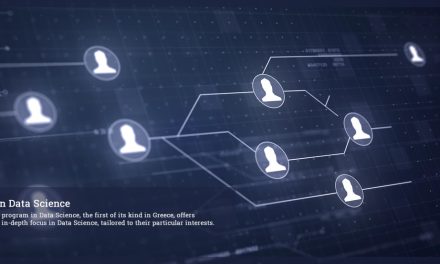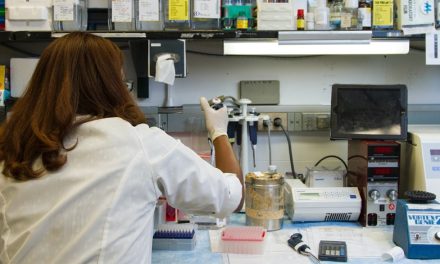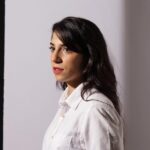The Pelion Summer Lab (PSL) for Cultural Theory and Experimental Humanities (PSL), founded in 2017, is an initiative of the Laboratory of Social Anthropology at the University of Thessaly in Volos, Greece. So far, they have conducted four successful summer labs –Democracy & Dissent (2017), Liminal Lives & Para-Sites(2018), Data & Power (2019) and After/Lives in 2022. The summer labs are supported – this year as well- by the Experimental Humanities Collaborative Network (EHCN). The aim of these 10-day programsis to convene an interdisciplinary group of graduate students, researchers, artists, activists and cultural producers from fields such as anthropology, history, sociology, interdisciplinary arts, gender studies, cultural and new media studies intensive exchange and exploration regarding the pressing problems and questions of our worlds.
This theme of this summer’s 5th Pelion Summer Lab is Ec/o/ntologies and it aims to explore how debates, methods, and epistemologies informing the emergent interdisciplinary field of Environmental Humanities might help confront and retool collective responses to the dire planetary exigencies of the mounting climate crisis. A central contention of ec/o/ntologies is that the ongoing collapse of human-planetary relations has made the bracketing of natural history from human history, the distinction between life and nonlife, nature and culture, increasingly untenable politically, intellectually and on the level of everyday existence.
Ec/o/ntologies instead centers the enmeshment of the biological, geological and meteorological, as well as the intersections of bio/necropolitics and ecocide, which anthropocentrism -the privileging of the human perspective and human existence, at all and any cost- systematically ignores and masks. Ec/o/ntologies provisions an experimental space-time to consider these collective dilemmas of world-un/making by expanding our field of engagement: i.e., from relations among humans, however attuned to the power dynamics and histories of capitalism, colonialism and patriarchy, to encompass -and be encompassed by- the more-than-human, the entire material, multi-species cosmos: Gaia.
One vital way ec/o/ontologies proposes to invoke Gaia as this expanded field of engagement and encompassment is by grounding questions of environmental, historical, and racial justice in an interdisciplinary reckoning with feminist, anticolonial, indigenous, and black activist genealogies of thought and practice regarding the ethics of inheritance, stewardship, commoning and repair. Likewise, during the summer lab experiments in commoning and mutuality indebted to these genealogies will be explored in conversation with a range of situated, local natural resource struggles and ecological interdependencies to hone the practical, political, but more-than-human coordinates for a more capacious and planetary ethic of survivance.
Apply until April 10th here!
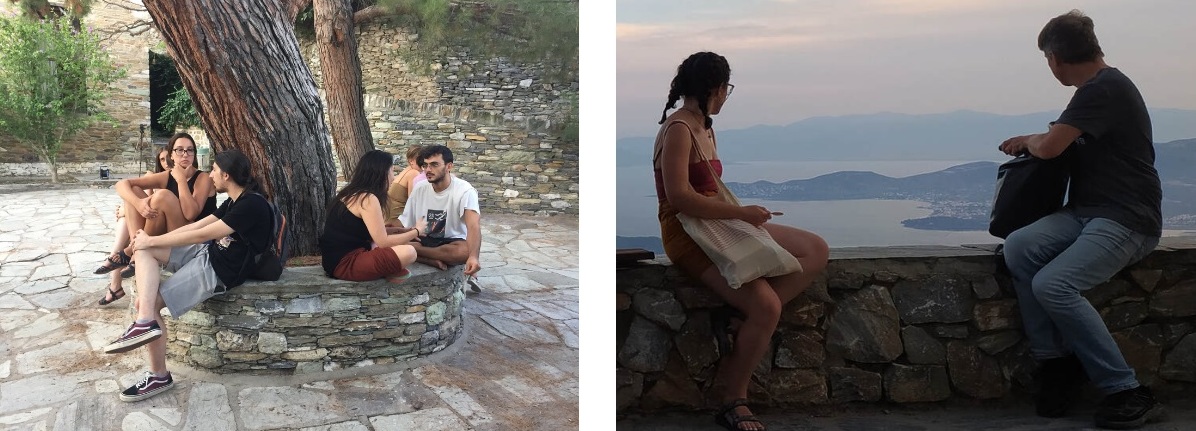
This year’s PSL will centered around a public symposium entitled “Strange Weather: Ecologies of Resistance and Repair” which will bring the attendees into conversation with local activist environmental struggles, engage them in artistic interventions, feature documentary film screenings and collective podcast auditions, involve them in fully embodied ways in hiking and collaborative cooking, while also addressing interdisciplinary research questions around the emerging field of environmental humanities. This symposium will take place Friday June 30 (in Volos), Saturday July 1 (in Makrinitsa) and Sunday July 2 (in Stagiates).
PSL will begin before the symposium, with a couple of concentrated days in Makrinitsa in which the cohort together with faculty, will orient to our home for ten days, share skills and stories, discuss some common readings and start to work collectively toward the experiment. Olga Cielemęcka and Gene Ray, who led the Survivance cluster for last year’s lab on After/Lives, will be returning to take up the conversation where we left it last July. Tom Western will join us to immerse us in sonic counter-cartographies, while this year’s artist and researcher from the Experimental Humanities Collaborative Network, Vivien Santour, will prepare us for our collective cooking action and push us to see the protection of biodiversity as a cultural, artistic and political act.
After the stimulation of the symposium days, the cohort will retreat and regroup – after a necessary day at the beach – to begin in earnest the design of the public experiment: a sound-based geolocated walk based on collaborative storytelling. This experimental workshop will be led by PSL alum Ismini Gatou and the Anthrobombing initiative, including PSL alum and PSL 5 organizer Alexandros Papageorgiou and University of Thessaly alum Alexandra Siotou. After the public presentation of the experiment on the last day of the lab, we will have our annual PSL reunion dance party — celebrating PSL’s 5th birthday milestone.
The Pelion Summer Lab for Cultural Theory and Experimental Humanities – An overview
The Pelion Summer Lab for Cultural Theory and Experimental Humanities (PSL) convenes an interdisciplinary group of graduate students, researchers, academics, artists and cultural producers for a ten-day period of intensive exchange and exploration regarding the pressing problems and questions of our worlds.
Faculty seminars and directed readings are interwoven with screenings, making activities, hikes, critical games, performative exercises. The core program is enriched by a number of other activities: hikes in the countryside, swimming at the gorgeous local beaches, visits to nearby villages, attendance of local cultural events and, of course, eating and talking late into the night. The cohort is tasked from the first day with the challenge to stage a public experiment based on the theme of the lab on the final afternoon of the lab (followed by the annual reunion dance party.
The atmosphere at PSL is simultaneously intellectually rigorous and friendly, intense and chill: both an antidote from the stress we may carry with us from the normal academic semester and a platform for making unexpected connections and discovering new pathways for the research, writing, art and activism we hope to do in the future. Each of our unique labs has attracted stellar faculty and participants from Greece and around the world and created enduring networks of collaboration and friendship.
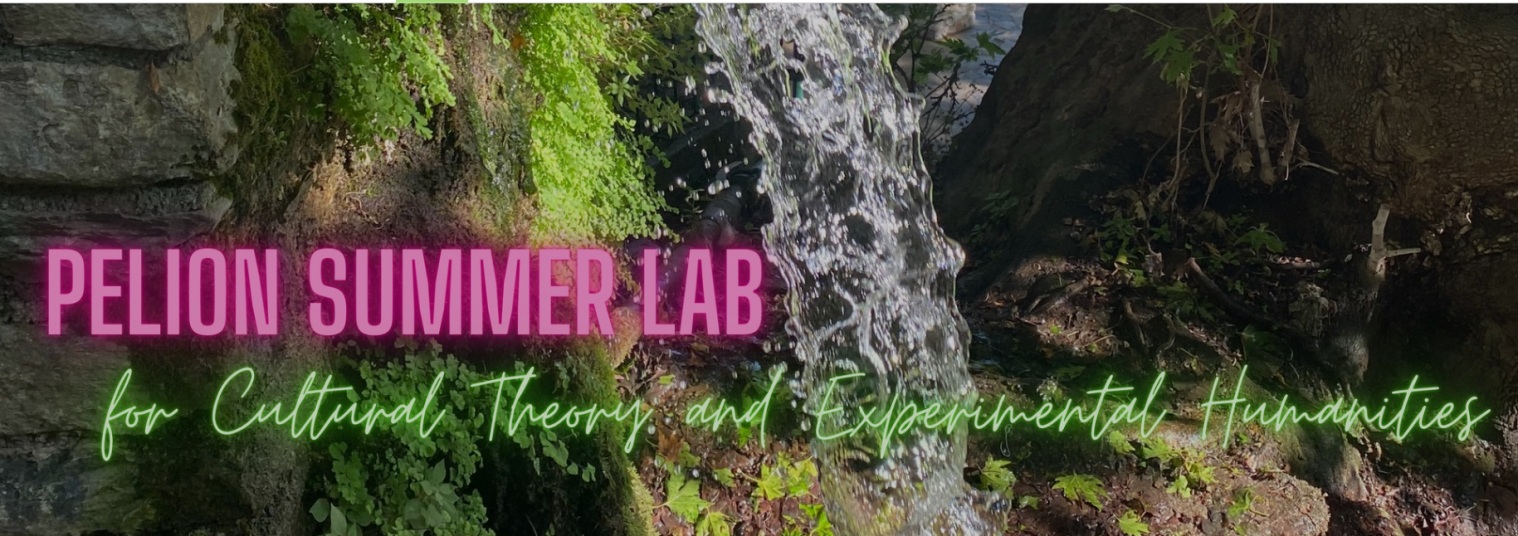
TAGS: EDUCATION

